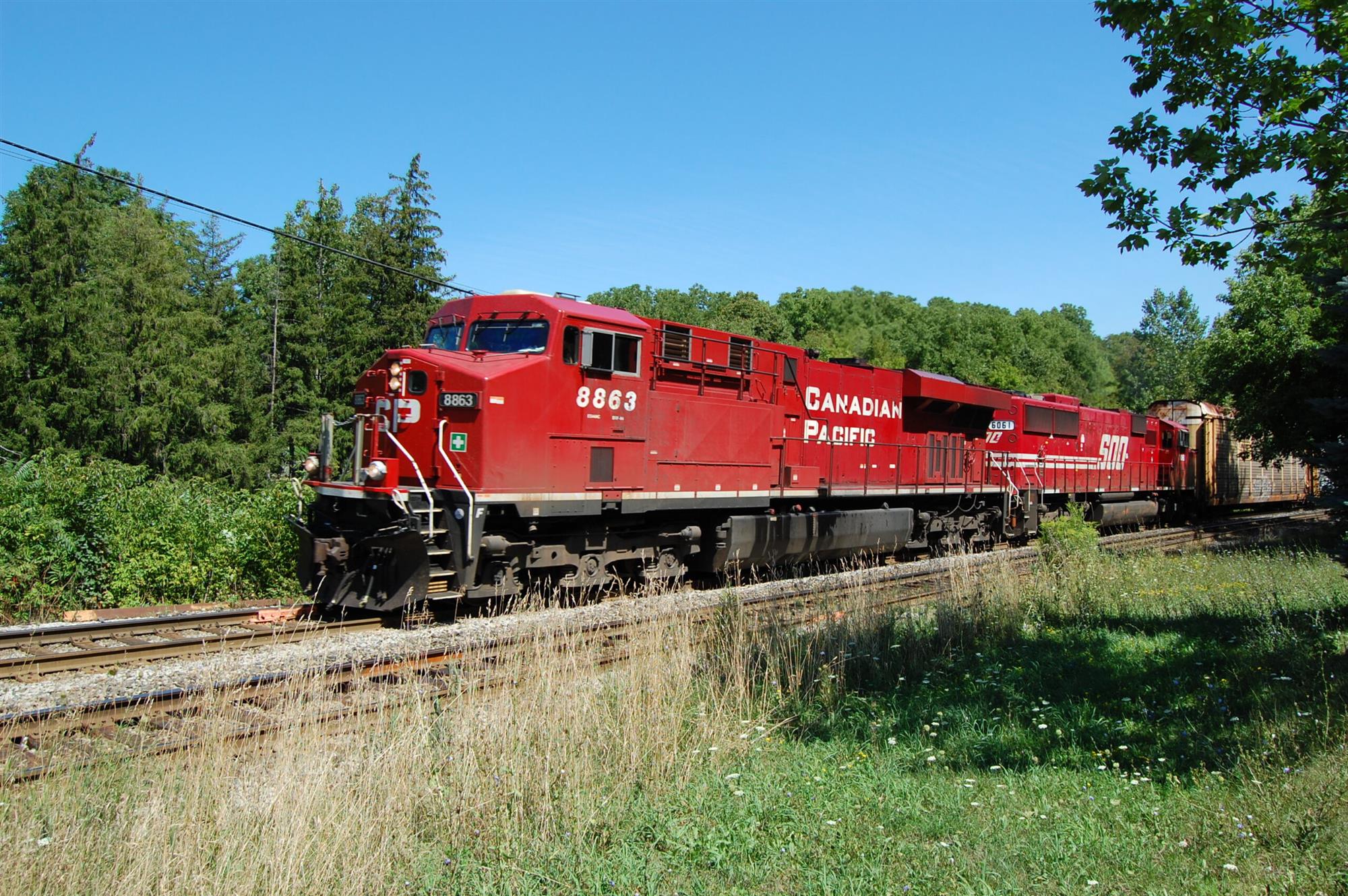Canadian Pacific Railway (CP) wants the Kansas City Southern's (KCS) Board of Directors to reject Canadian National's (CN) proposal in light of "intervening events" as it reaffirmed its commitment to the pro-competitive CP-KCS combination and the compelling value under the pre-existing merger agreement.
CP's President and CEO Keith Creel penned a letter to KCS on May 20 arguing against what it called an "anti-competitive" counter bid of CN for its planned merger with KCS.

"On behalf of Canadian Pacific Railway Limited, I am writing in response to the notice KCS delivered to CP on May 13, 2021, regarding the KCS Board's determination that the revised proposal received from Canadian National (CN) that day constitutes a "Company Superior Proposal" (as such term is defined in our Agreement and Plan of Merger, dated March 21, 2021 (the "CP-KCS Merger Agreement")," Creel wrote.
"Since the KCS Board received CN's initial unsolicited proposal on April 20, 2021, CP has been supportive and understanding of the KCS Board's need to fulfill its fiduciary duties to its shareholders and to better understand what CN was purporting to offer. However, as you know, CP has always believed that CN's proposal is illusory and simply an attempt to dismantle the unique, pro-competitive deal that CP and KCS have agreed upon," he added.
The CP chief noted that while the firm "respectfully disagreed" with the KCS Board's decision last week to deem the Revised CN Proposal a Company Superior Proposal — which is part of its "fiduciary duties" — he added that CP "remained confident" that the Surface Transportation Board (STB) would ultimately reject CN's proposal to use a voting trust, given that allowing CN to close into trust would not be in the public interest.
Anti-competitive proposal to rail industry
He also cited STB's May 17 decision which follows the DOJ comment that "[CN's] proposed acquisition raises sufficient competition concerns on first blush that [sic] CN should be prohibited from using a voting trust."
"The dangers to competition posed by a CN-KCS transaction, which is in stark contrast to the end-to-end nature of a CP-KCS transaction, include 'the potential elimination of direct, 'parallel' competition on routes served by both railroads, for example between Baton Rouge and New Orleans," Creel added, among others.
He maintained that a CN-KCS merger will be a threat to competition in the railroad industry and a threat to the public interest.
"The fact that the STB chose to affirmatively express these views in the May 17 Decision (rather than simply denying CN's motion for approval of its voting trust agreement on the available procedural grounds of incompleteness) also sends a clear signal on the STB's stance should CN move forward with renewing its motion for approval to use a voting trust," the CP chief executive added.
Due to these recent events, CP said KCS Board has a clear path to conclude that "the level of risk surrounding a CN-KCS transaction and CN's ability to close into voting trust are too high in order for the Revised CN Proposal to continue to constitute a Company Superior Proposal."
"As we have been saying from the start, CN's proposal is illusory, and the KCS Board, in fulfilling its duties to its shareholders to explore the proposal, has helped shine additional light on this fact," Creel said.
"We respectfully believe there is no longer any basis to terminate the CP-KCS Merger Agreement. The best way for the KCS Board to fulfill its fiduciary duties in light of recent developments would be to continue to pursue the CP-KCS combination, which already has the benefit of STB approval to use a voting trust."
Creel continued: "Respectfully, we feel it would be destructive to our mutual interests to engage in a bidding war in reaction to CN's illusory offer, particularly where our existing CP-KCS Merger Agreement provides KCS's shareholders with a significant premium."